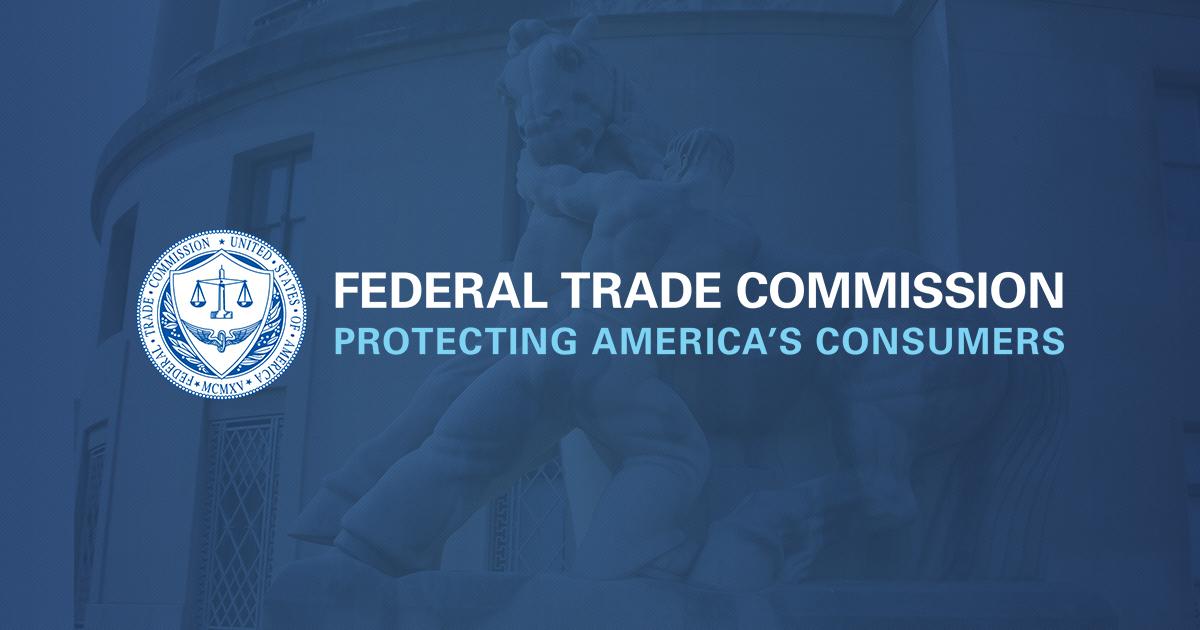Generic drug manufacturers Lupin Ltd. and Gavis Pharmaceuticals LLC will sell the rights and assets for two generic drugs, one used to treat bacterial infections and the other to treat ulcerative colitis, in order to settle FTC charges that Lupin’s proposed $850 million acquisition of Gavis would likely be anticompetitive. The proposed consent order preserves competition by requiring the companies to divest these products to the New Jersey-based generic pharmaceutical company G&W Laboratories.
Without a divestiture, the merger would have combined two of only four companies that currently market generic doxycycline monohydrate capsules in two dosage strengths, used to treat bacterial infections, likely resulting in higher prices. The merger also would have eliminated one of only a few companies likely to enter the market for generic mesalamine extended release capsules, used to treat ulcerative colitis, in the near future, thereby delaying beneficial competition and the prospect of price decreases.
Under the terms of the proposed order, Lupin is required to transfer to G&W Laboratories all of Gavis’s rights and assets related to generic doxycycline monohydrate capsules no later than ten days after the acquisition is consummated, so that G&W can begin selling the product immediately. The transfer includes Gavis’s manufacturing technology, which Lupin will help G&W set up at the latter’s facilities. In the interim, Lupin will supply G&W with the finished product for two years.
The proposed order also requires that Gavis divest its rights and assets related to generic mesalamine capsules to G&W before the acquisition takes place. Gavis’s CEO will provide consulting services to help G&W complete the required regulatory work and begin manufacturing the product. Gavis and Lupin also are required to transfer all confidential business data related to both divested products, and provide access to knowledgeable employees, so that G&W can obtain all necessary FDA approvals in a timely manner.
Further details about the divestitures are set forth in the analysis to aid public comment for this matter. The Commission vote to issue the complaint and accept the proposed consent order for public comment was 4-0.
The FTC will publish the consent package in the Federal Register shortly. The agreement will be subject to public comment for 30 days, beginning today and continuing through March 22, 2016, after which the Commission will decide whether to make the proposed consent order final. Comments can be filed electronically or in paper form by following the instructions in the “Supplementary Information” section of the Federal Register notice.
NOTE: The Commission issues an administrative complaint when it has “reason to believe” that the law has been or is being violated, and it appears to the Commission that a proceeding is in the public interest. When the Commission issues a consent order on a final basis, it carries the force of law with respect to future actions. Each violation of such an order may result in a civil penalty of up to $16,000 per day.
The Federal Trade Commission works to promote competition, and protect and educate consumers. You can learn more about how competition benefits consumers or file an antitrust complaint. Like the FTC on Facebook, follow us on Twitter, read our blogs and subscribe to press releases for the latest FTC news and resources.

